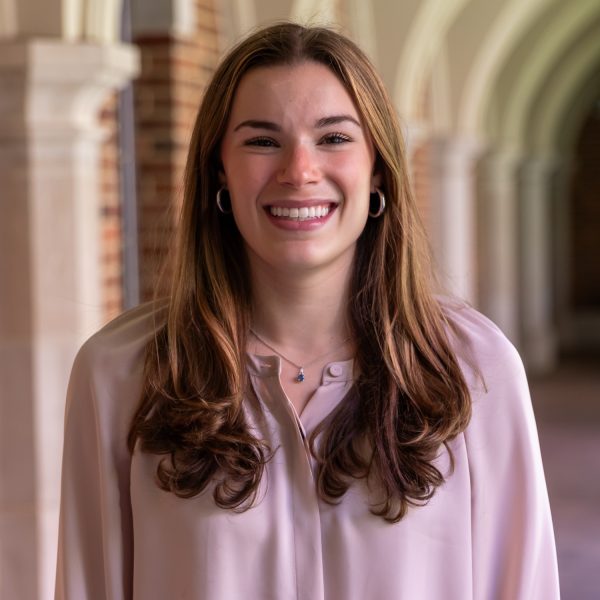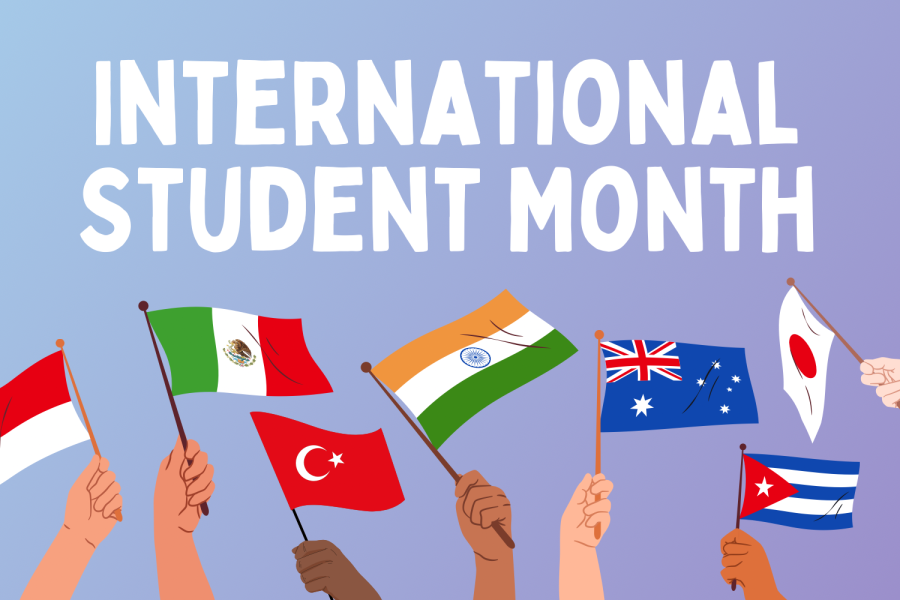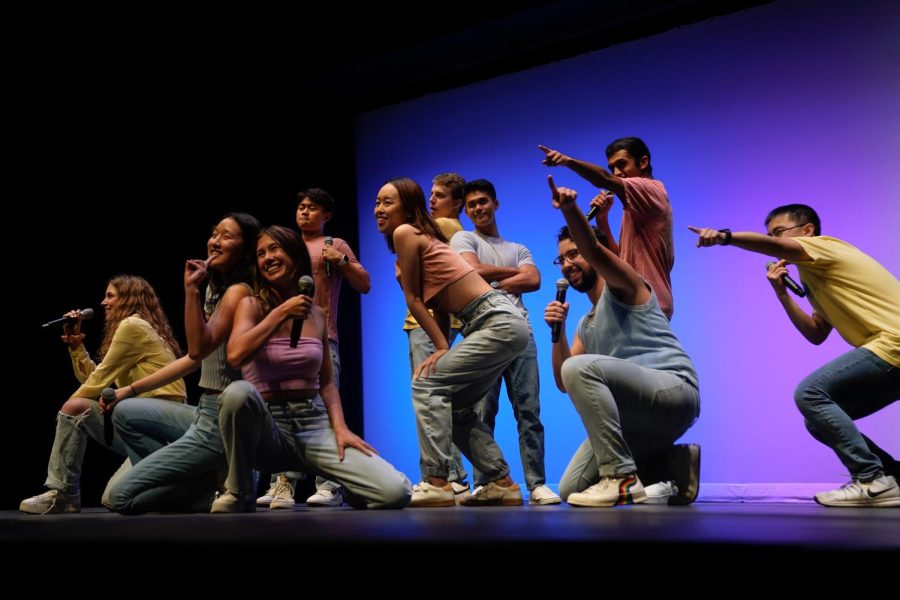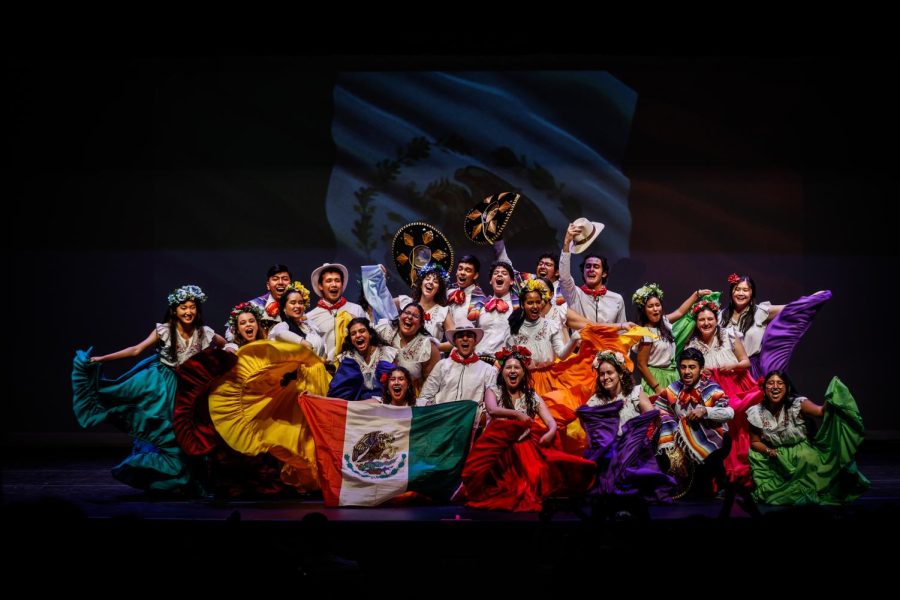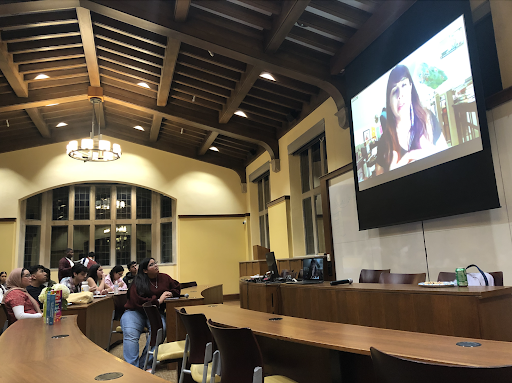Vanderbilt’s annual celebration of Latin American and Hispanic Heritage Month continued with its theme of SomosVU, or “We are Vanderbilt,” from previous years.
LAHHM traditionally occurs from Sept. 15-Oct. 15 in recognition of Hispanic and Latin American cultures. This year, the celebration will conclude with the Association of Latin American Students’ Café Con Leche showcase on Oct. 28.
LAHHM events were organized by the Student Center for Social Justice and Identity; Center for Latin American, Caribbean and Latinx Studies; and ALAS. LAHHM has also become more student-led in recent years, according to junior and ALAS President Salwa Daouk González.
“Every year we have put on our LAHHM speaker event, bringing in a distinguished and inspiring speaker to talk to the Latino community,” Daouk González said. “In an effort to bring more important topics to the forefront of the Latino community, we have also started hosting an LAHHM advocacy dialogue every year. This year, we hosted a professor panel, and last year, we hosted a dialogue on colorism and racism.”
In addition to the initiatives highlighted by Daouk González, this year’s celebration of LAHHM included a variety of events centering on four themes: community engagement, pop culture, leadership development and cultural roots.
While some events were professional and academically-oriented — including the Vanderbilt Association of Hispanic and Latinx Alumni panel, resume workshop and discussion regarding the history of Latinx/Hispanic communities, ALAS also forged new partnerships to encourage university-wide participation in LAHHM.
“This year, [ALAS] collaborated with Vandy Radio to host a LAHHM podcast series and blog competition, which [was] super fun,” Daouk González said. “We also worked on a big collaboration with Vandy Campus dining for a week of authentic Latin-American dishes across the various dining halls. We hope all these events and partnerships engage students within and outside of the community to love and support Latines everywhere.”
ALAS’s Service and Advocacy co-chairs organized an event titled “LAHHM Dialogue: Achievements and Adversity,” which featured a panel of Latina faculty including medicine, health and society professor Dominique Béhague; gender and sexuality studies professor Julie Gamble; and physics senior lecturer Brenda Fabela Enriquez. Each discussed the challenges of navigating academia as a Latina and how they overcome barriers to success.
“Being a woman and a Latina in a field that is very male-dominated has its challenges,” Fabela Enriquez said. “I’ve struggled to believe in my authority; when I was a grad student, for example, it was hard to believe that I knew enough or had something to contribute. For me, I’ve learned to deal with [people’s assumptions] and keep moving. It’s about not stopping.”
Gamble shared similar insights regarding overcoming imposter syndrome and gaining the confidence to reach beyond her comfort zone.
“The idea of not being good enough is just a false construction; you will be able to achieve what you want to achieve,” Gamble said. “It’s about being able to take risks…you’re going to apply for a lot of different things in different phases of your life. If it seems like there’s a cool opportunity, then go for it. Be courageous enough to try different things…it’s not about you not being good enough, it’s about being willing to make mistakes.”
Junior and ALAS Vice President Vanessa Schor Guerrero said the panelists’ advice resonated with her. She expressed appreciation for the professors’ representation of Latina women in academia.
“I thought the speakers did a fantastic job highlighting the importance of intersectionality in the Latine experience,” Schor Guerrero said. “All of these professors have achieved so much in their respective fields. I appreciated how they discussed not only what it meant to be Latine, but also what it is like being a woman in higher education.”
Junior and ALAS Social Recruitment Chair Olivia Quiroga expressed gratitude for LAHHM and ALAS in general, as she credits the organization for allowing her to reconnect with her culture.
“Growing up, I did not strongly identify with my Latinidad,” Quiroga said, “But I decided in college after attending the org fair that I wanted to apply for ALAS’s executive board to try and meet some more people who could teach me about my culture. It turns out that ALAS became my favorite org on campus…without ALAS, I wouldn’t really have a sense of my own culture, and the part of me that is Cuban is so much more special to me now because of my involvement with the organization.”
Sophomore Alea Clark, who does not identify as Hispanic or Latin American, nonetheless believes that LAHHM is an important celebration of culture and identity.
“I think it’s powerful that students get to have their heritage celebrated, especially at a predominantly white institution like Vanderbilt,” Clark said. “LAHHM makes the celebration of [Hispanic and Latin American] cultures very accessible, and ALAS helps get the message across to the student body.”
Schor Guerrero added that she was pleased with the students’ response to the LAHHM this year but wants to do more in the future to further advertise the month.
“I think there is a lot of excitement around LAHHM on campus not only among the Latine students, but also non-Latines,” Schor Guerrero said. “I only wish that there was more the administration would do to highlight the importance of the month to our community…I can only hope that we can do more in upcoming years to educate the Vanderbilt community and make this month something that people will remember.”



